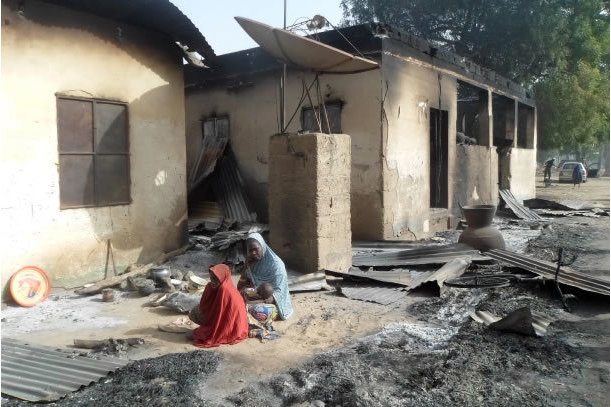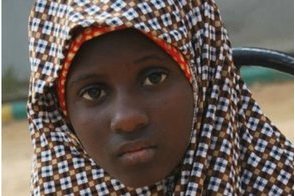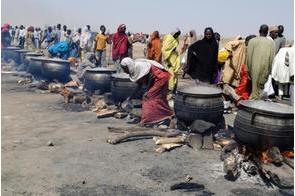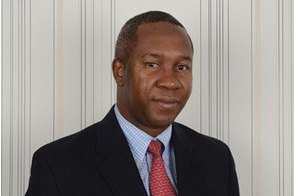EU approves €143 million for rehabilitation of Borno State

Summary
A large proportion of the Borno population has little or no access to clean water, sanitation, shelter, education, primary health care (60 percent of health infrastructure is either destroyed or damaged), and is food insecure.
The European Commission has announced a support package of €143 million for the recovery and reconstruction needs of Borno State, according to a statement released on Thursday.
The Commission said its financial package combines short-term EU humanitarian aid with long term development support to help people in the affected areas, which has been devastated by the Boko Haram terror campaign.
“Our support package of €143 million will assist approximately 1.3 million internally displaced people and affected communities in and around the Borno State in Nigeria,” said Neven Mimica, EU’s Commissioner for International Cooperation and Development. “Our assistance will not only target the immediate needs of the people but, it will also help to restore basic services, stimulate employment and create livelihood opportunities, particularly for women and young people.”
The €143 million package consists of development aid of €123 million from the Nigeria 11th European Development Fund National Indicative Programme and €20 million from the EU Emergency Trust Fund for Africa.
The financing package brings EU’s total support for the crisis in Borno State to €224.5 million for 2017, following earlier announcements of €81.5 million in humanitarian aid.
Owing to the Boko Haram crisis, there are an estimated 1.7 million internally displaced persons, living in and around Maiduguri, and almost 200,000 refugees from Nigeria in the neighbouring countries around the Lake Chad.
A large proportion of the Borno population has little or no access to clean water, sanitation, shelter, education, primary health care (60 percent of health infrastructure is either destroyed or damaged), and is food insecure.
“The European Union is committed to get lifesaving aid to those in need in Nigeria,” said Christos Stylianides, EU’s Commissioner for Humanitarian Aid and Crisis Management. “Emergency aid can help them but to do so aid organizations need safe and full access to do their job. We also need to think about the long term affects and how to help communities recover. It is this desire to rebuild a better future that the EU will support.”
Related
-
Denmark pledges $2.9 million aid for child victims of Boko Haram
The Danish government said it has contributed over $7.1 million in humanitarian aid to regions affected by Boko Haram.
-
Report estimates $13 billion as global economic cost of IDPs
Around 40 million people were internally displaced globally as of 2017 due to conflict, natural disasters, or both.
-
Gates Foundation appoints new Africa director
Until his appointment, Oumar Seydi served as the International Finance Corporation’s regional director for ...







